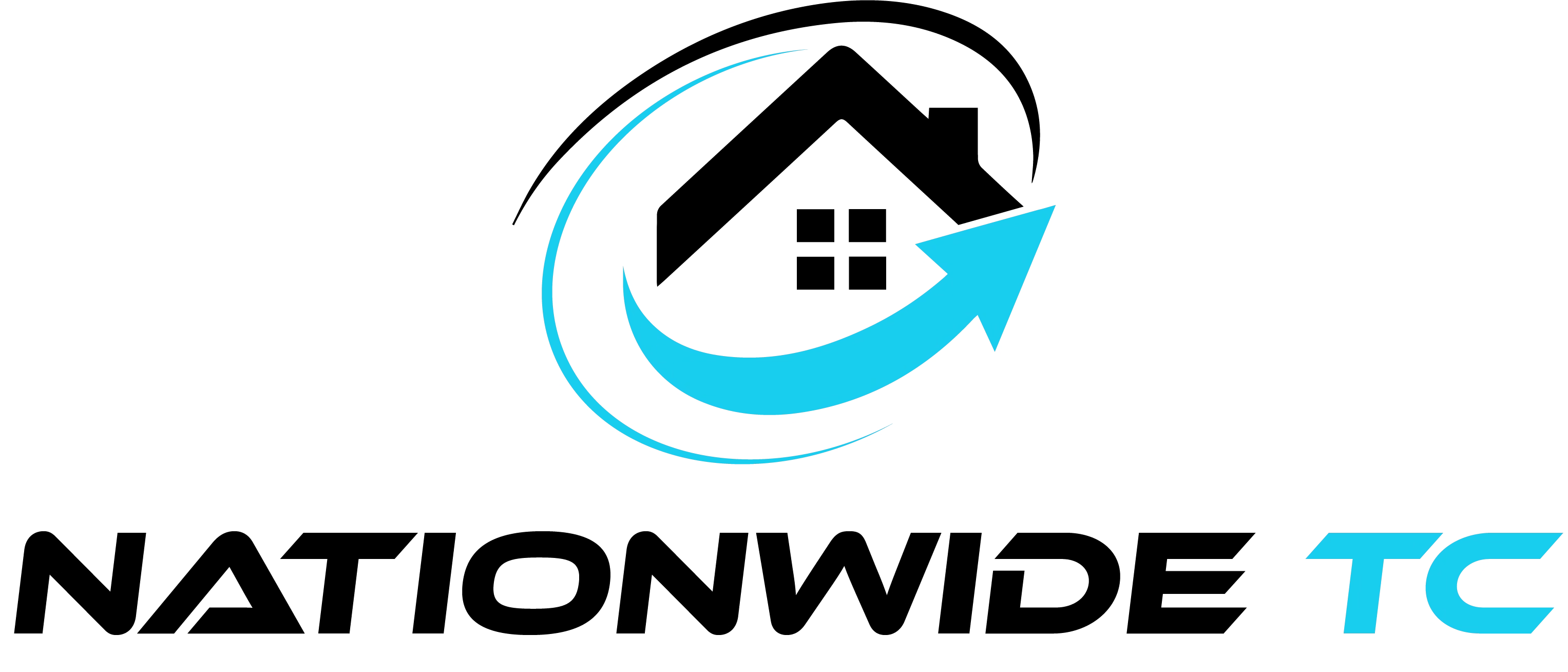No products in the cart.

Navigating Out-of-State Real Estate Transactions as a Real Estate Transaction Coordinator
As a Transaction Coordinator, your role is to efficiently manage real estate deals from contract to closing. Typically, most transactions involve local parties and properties; however, out-of-state transactions introduce unique challenges. Consequently, these deals require you to apply extra expertise, meticulous planning, and attention to detail.
Out-of-state transactions are growing as buyers, sellers, and investors seek opportunities across state lines. Consequently, this trend presents exciting opportunities for growth; however, it also demands specialized skills. As a Transaction Coordinator, you must therefore navigate these complexities to ensure smooth, seamless closings.
Understanding Legal Differences
Real estate laws, therefore, vary dramatically between states, creating unique challenges in out-of-state transactions. Additionally, disclosure rules, required forms, and even contract terms can differ. As a Transaction Coordinator, you must, consequently, understand these differences to guide transactions effectively.
Begin by researching the state’s real estate laws where the property is located. Specifically, focus on key areas like disclosure requirements, inspection processes, and title searches. If you’re unsure about specific regulations, then consult with local real estate attorneys or agents for clarity.
Working closely with a local agent or title company, therefore, ensures all legal obligations are met. Additionally, you’ll need to review state-specific contracts, verify compliance, and ensure proper documentation. As a Transaction Coordinator, effectively managing these legal nuances, consequently, prevents delays and ensures compliance.
Managing Time Zone Challenges
Out-of-state transactions often involve parties in different time zones. Coordinating schedules can be difficult, especially for critical tasks like document signings, inspections, or meetings. A successful Transaction Coordinator proactively handles these time zone challenges.
Use scheduling tools like Google Calendar, Calendly, or time zone converters to coordinate meetings efficiently. Always specify deadlines with clarity, accounting for time zone differences.
Communicate early and often to avoid confusion. For example, if an inspection deadline is 5:00 PM Eastern, ensure all parties understand how that translates locally. Transaction Coordinators thrive when they establish clear timelines and communication practices.
Remote Document Management as a Transaction Coordinator
Out-of-state transactions, therefore, depend heavily on remote document management. As a Transaction Coordinator, you’ll often handle contracts, disclosures, and closing documents electronically. This, in turn, requires expertise in secure digital tools and, furthermore, creative problem-solving for logistical hurdles.
Leverage platforms like DocuSign or Dotloop for electronic signatures. These tools, therefore, enable fast and secure document processing across distances. Additionally, use cloud storage services like Dropbox or Google Drive to store and share files with clients and agents.
Despite the rise of digital tools, some situations, however, still require physical signatures or notarizations. Therefore, anticipate delays if clients have limited access to technology. As a Transaction Coordinator, you should, consequently, have contingency plans in place, such as mobile notaries or overnight shipping services.
Effective document handling is critical. A well-organized Transaction Coordinator ensures that all paperwork is signed, delivered, and stored without delays or errors.
Collaborating with Local Professionals: The Role of a Transaction Coordinator
Out-of-state transactions require collaboration with local professionals who understand the area’s real estate processes. This includes agents, inspectors, appraisers, title companies, and attorneys. As a Transaction Coordinator, you must coordinate these relationships seamlessly.
Research local professionals carefully. If you’re unfamiliar with the area, ask for recommendations from the real estate agent or consult trusted industry contacts. Reviews and referrals can help you identify reliable partners.
Clarify everyone’s roles and responsibilities early in the process. For example, confirm that the local agent handles inspections and that the title company understands specific legal nuances. Keeping local professionals aligned is a core responsibility of a Transaction Coordinator.
Navigating Unique Closing Procedures
Closing procedures vary from state to state, and understanding these differences is vital. In some states, in-person closings are mandatory, while others allow remote arrangements. As a Transaction Coordinator, you must adapt to each state’s specific requirements.
Research the closing process early. Verify whether clients need to attend in person or if they can authorize remote signings. Confirm the role of escrow agents or attorneys in facilitating the closing.
Your role as a Transaction Coordinator includes double-checking the accuracy of closing documents. Ensure all funds, deeds, and titles are in order. Attention to detail prevents delays and ensures the deal concludes without issues.
Keeping Communication Clear
Effective communication is essential in any real estate transaction, but it’s even more critical in out-of-state deals. Clients may feel disconnected when they can’t visit the property or attend meetings in person. A Transaction Coordinator bridges this gap with clear and frequent updates.
Maintain regular communication with clients. Provide detailed progress reports at each transaction stage, and anticipate their questions. Address concerns promptly and professionally to build trust.
Clear communication extends to agents, lenders, and other professionals. Use concise emails, calls, or project management tools to keep everyone informed. As a Transaction Coordinator, your ability to communicate clearly ensures nothing gets overlooked.
Leveraging Technology
Technology is a vital tool for managing out-of-state transactions. As a Transaction Coordinator, you should embrace digital platforms to improve efficiency and organization.
For secure and efficient document handling, use platforms like DocuSign for signatures and Dropbox for sharing files. Tools like Slack or Microsoft Teams facilitate instant communication between parties. Task management systems like Trello or Asana help you stay on top of deadlines.
As a Transaction Coordinator, staying current on the latest technology ensures you remain competitive. The right tools save time, reduce errors, and create a seamless transaction experience for clients.
Delivering Exceptional Client Service
Out-of-state transactions can overwhelm clients, especially those unfamiliar with the process. A Transaction Coordinator must provide exceptional service to ease client stress and build trust.
Stay proactive by offering regular updates and anticipating client needs. Personalize your approach to make clients feel supported and informed. Confidence in your expertise reassures clients, even during complex situations.
Happy clients often lead to referrals and repeat business. As a Transaction Coordinator, delivering outstanding service strengthens your reputation and creates lasting relationships.
Building Checklists for Success as a Transaction Coordinator
Organization is the foundation of a successful Transaction Coordinator. Building detailed checklists ensures you manage tasks efficiently, even for complex out-of-state deals.
Create lists for each transaction stage, from contract to closing. Include key tasks like verifying disclosures, scheduling inspections, and coordinating with local professionals. Update your lists regularly to reflect state-specific requirements. Checklists help Transaction Coordinators stay on track and prevent critical steps from being overlooked. They’re especially useful when managing multiple out-of-state transactions simultaneously.
Conclusion
Out-of-state real estate transactions require more than basic knowledge. They demand a Transaction Coordinator who can handle legal complexities, time zone challenges, remote document handling, and local professional collaboration.
By mastering these skills, you’ll ensure every transaction runs smoothly from start to finish. With organization, clear communication, and exceptional client service, a Transaction Coordinator can transform a potentially stressful process into a seamless experience.
Embrace the unique challenges of out-of-state deals as opportunities to grow. A proactive, tech-savvy Transaction Coordinator delivers success, builds trust, and ensures all parties achieve their goals.
Book a Free 15 Minute Call Today and Find Out More About Our Services!














